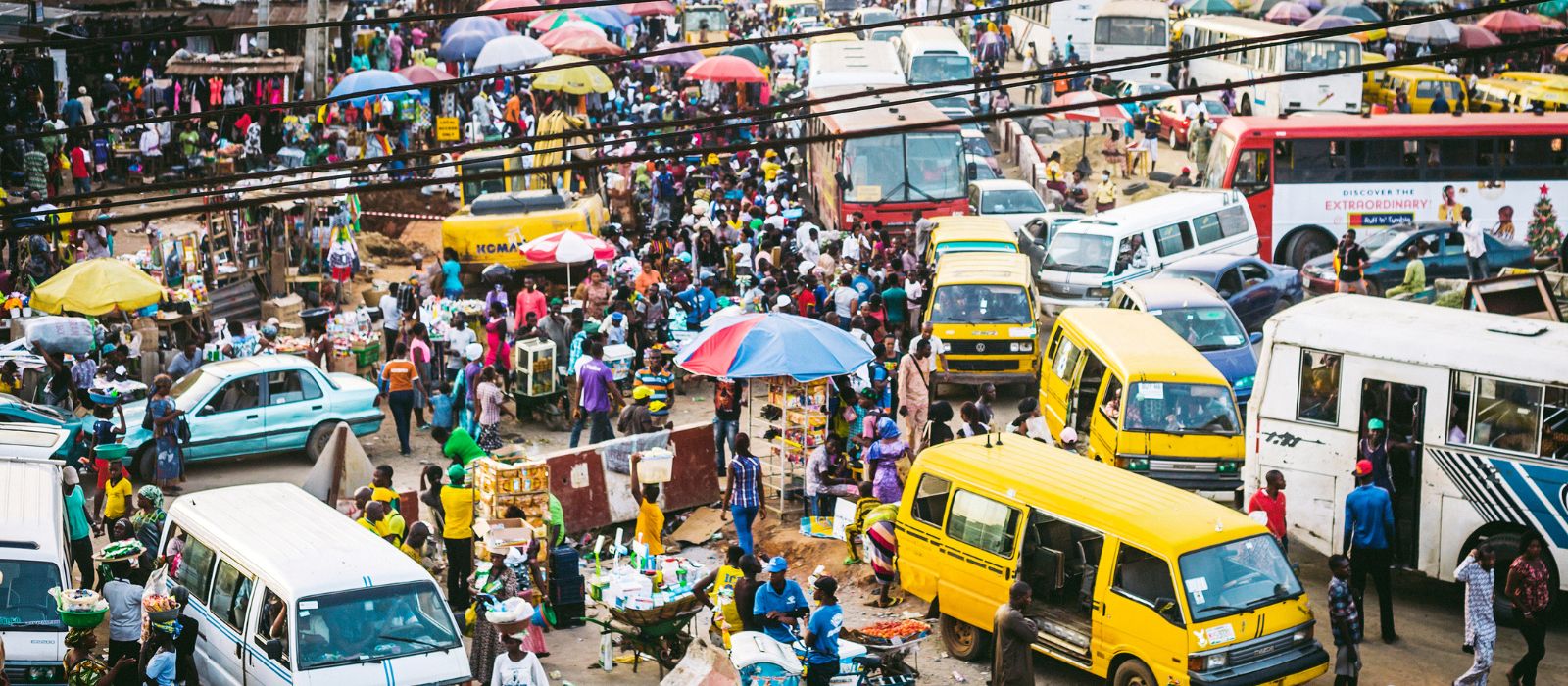
The removal of fuel subsidies in Nigeria has sent shockwaves through the economy, continuously affecting every corner of daily life. From transportation to the cost of basic goods, Nigerians are waking up each day to a new reality where rising fuel prices have become a central concern. While the government promises long-term benefits, the immediate impacts have been profound, leaving citizens, businesses, and communities to find new ways to cope.
For years, Nigeria’s fuel subsidy program was seen as a lifeline, keeping fuel prices affordable for the average citizen. However, critics argued that the subsidy was unsustainable, costing the government billions annually and distorting the true market value of fuel. By removing the subsidy, the government aimed to cut public spending and free up resources for infrastructure and development. The consequences were immediate. Fuel prices skyrocketed, sparking protests and raising fears of an even higher cost of living in a country already grappling with economic challenges. While the government assures that removing the subsidy will bring long-term economic gains, many Nigerians are asking: at what cost?
For commercial drivers and public transport operators, the removal of the subsidy has been a financial blow. Many now find themselves spending a larger portion of their daily income on fuel. In cities like Lagos, where public transport is essential, bus drivers are feeling the pinch. “I used to fill my tank for ₦5,000. Now, it costs me nearly ₦12,000,” said Adewale, a taxi driver in Lagos. “I have to raise my fares, but even then, I barely make enough to cover my family’s expenses. People are taking fewer trips, which means less money for us drivers. We have had to increase bus fares, and passengers are complaining. But what can we do? If we do not increase fares, we will be out of business.“
For the average Nigerian, the rising cost of fuel has forced a change in lifestyle. Many are cutting back on non-essential trips and finding alternative means of transportation. “I am now biking to work three times a week,” said Funmi, a teacher in Ogun. “It is not ideal, especially with the roads, but I cannot afford to spend so much on transport every day.“
The high cost of transportation is also impacting businesses. Emeka, who owns a grocery store in Ogun, explains how the price hikes have affected his supply chain. “My suppliers have increased the prices of goods because transportation costs more. I have had to pass on those costs to my customers, and many of them are buying less as a result.“
The ripple effect of the fuel subsidy removal is clear, small businesses are making tough decisions to survive, whether it is increasing prices, downsizing, or shifting to more cost-efficient methods of operation. As fuel prices continue to rise, Nigerians are exploring alternative solutions to reduce their dependence on fuel. Solar energy is gaining traction in rural areas, where people are increasingly turning to renewable energy to power their homes and businesses.
Public transportation options like ride-sharing services are also seeing an uptick, as commuters seek more affordable ways to navigate the city. Apps like Uber and Bolt have seen increased patronage, as people opt for carpooling to split costs.
Economists warn that the effects of subsidy removal will be felt for years to come. With inflation on the rise and the cost of living increasing, Nigerians will need to find new ways to adapt. The government, for its part, has introduced several programs aimed at easing the transition, including cash transfers to low-income households and investment in public transportation infrastructure. But for many, these initiatives are seen as too little, too late.
As Nigerians continue to adjust and build resilience, one thing is certain: the removal of the fuel subsidy has permanently reshaped the nation’s economy, and its people are still learning to adapt to this new reality.
While the long-term benefits of removing the fuel subsidy have yet to be fully realized, the immediate consequences have forced Nigerians to adapt in ways both big and small. From transportation to small businesses, the ripple effects of this policy shift are being felt across the country. As the nation moves forward, the resilience of its people will be key to weathering the storm.
Disclaimer: The views and opinions expressed in this article are those of the author and do not necessarily reflect the official policy or position of My Afrika Magazine. All content provided is for informational purposes only and should not be construed as professional advice. My Afrika Magazine makes no representations regarding the accuracy, completeness, or reliability of the information contained in this article. Readers are encouraged to independently verify any facts presented. My Afrika Magazine assumes no liability for any losses, damages, or other consequences that may arise from reliance on the information provided in this article.



